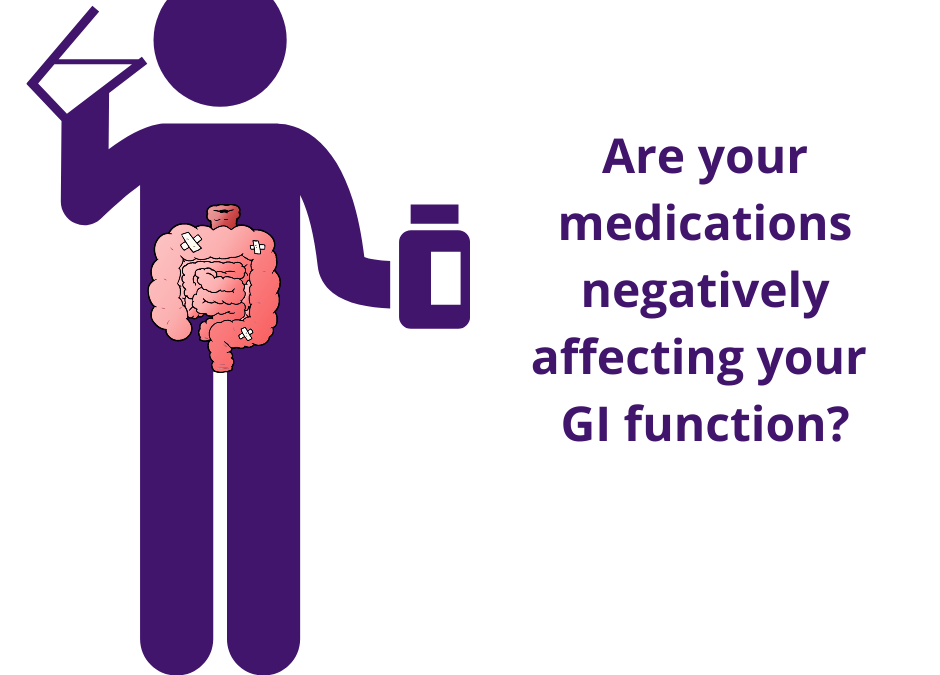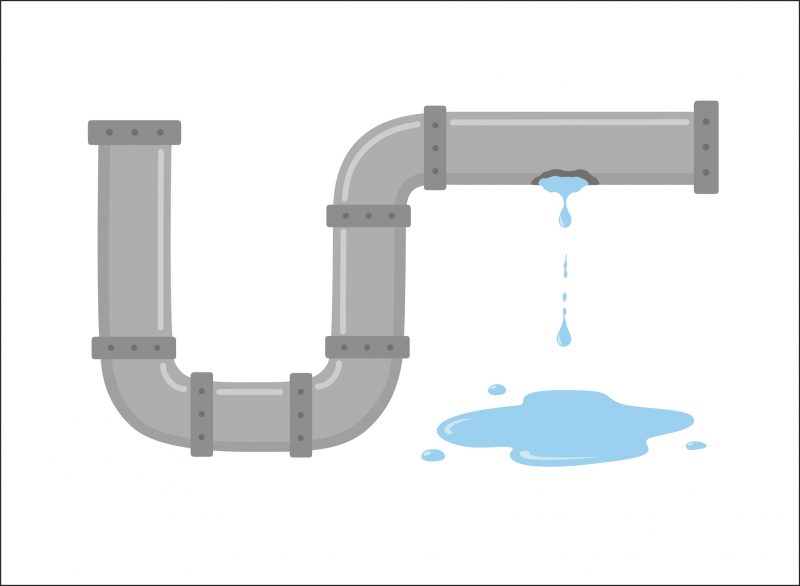
Can’t Kick those Cravings? It’s not your fault!
We are 4 weeks into 2021, and if you are like most you are finding it difficult to keep your New Year’s resolutions alive. Your enthusiasm for eating clean and exercising daily is fading. You are falling back into your old pattern. You are finding it harder and harder to muster up the willpower to overcome those cravings for comforting carbohydrates and sweet sugary treats.
It is not your fault! These simple carbs and sugary foods not only taste good on your tongue but they are addictive. In fact, they can affect our biology and our brain much the way that drugs like heroin and cocaine do.
Are you one of the millions of people who know they should cut down on sugar and carbs but find it nearly impossible because of intense cravings?
Here’s why:
- Sugar stimulates the release of the neurotransmitter dopamine in the nucleus accumbens, the region of the brain known as the pleasure and reward center. When you eat sugar, it gives you a rush of pleasure and energy that makes you feel good. Additionally, like an addictive drug, we start to develop a tolerance for sugar and need more and more to get the same effect.
- Eating sweet tasty foods also activates the opioid receptors in our brain literally creating a sugar high.
- Simple carbohydrates also cause blood sugar dysregulation. Eat a bagel, a brownie, or a bowl of ice cream, and your blood sugar skyrockets, only to come crashing down a few hours later (known as reactive hypoglycemia). This triggers you to crave more of those sugar and carbohydrate-rich foods to boost your blood sugar as quickly as possible, and off you go for another ride on the blood sugar roller coaster.
- Sugar feeds the opportunistic microorganisms in our gut, the so-called “bad bacteria,” and a yeast called Candida. Candida is a type of yeast naturally present in everyone’s digestive tract. However, poor digestion, a high sugar or carbohydrate diet, and weak gut immunity can cause Candida to overgrow and take over the gut. Candida, like all yeast, feeds on sugar. In turn, it produces chemicals that signal to your brain causing you to crave more sugar.
No wonder it’s so hard to overcome that sweet tooth!
Here are several things you can do to kick those cravings to the curb:
- You must eliminate refined sugars, sodas, fruit juices (yes, that morning glass of OJ), and artificial sweeteners from your diet. Switching from Coke to Diet Coke to cut down on your sugar intake is not the answer. Artificial sweeteners trick your brain into thinking that you ate sugar, but when blood glucose levels don’t rise, you will crave more sweets to make up the deficit.
- Stabilize your blood sugar by combining protein, fat, and a complex carbohydrate high fiber carbs at every meal and snack. Combining these macronutrients will slow down digestion, help stabilize your blood sugar and prevent cravings. I love to snack on nuts and seeds because they are a perfect package of balanced macronutrients.
Familiarize yourself with the glycemic index and avoid foods with a GI >55. The glycemic index indicates how fast a high-carbohydrate food is digested and how much it causes your blood sugar to rise. The index doesn’t depend merely on whether the carbohydrates are simple (sugars) or complex (starches). Many factors come into play, including the amount of fiber and fat in the food, how refined the food is, how fast the food is digested, and whether it was cooked.
- Don’t skimp on your sleep. Lack of sleep disrupts many hormones that control appetite. The result is increased hunger, blood sugar dysregulation, and cravings for high carb foods.
- Heal your gut! Sugar cravings are often a sign of gut dysfunction and dysbiosis. Dysbiosis is an imbalance of the microorganisms in your gut characterized as an overgrowth of opportunistic (bad<) organisms and a deficiency of beneficial microflora. As long as these opportunistic bacteria are allowed to thrive in your gut, you will continue to crave sugar.
Remember: There are 5 days left to get a great deal on the Gut Health Package — a great way to learn if you have dysbiosis or other digestive health issues!
You know the damage that sugar can do to your body. It is one of the primary causes of weight gain and diabetes, it weakens the immune system and drives inflammation. It is the culprit in so many degenerative diseases.
Sugar cravings are not necessarily a sign of your lack of self-control. Consuming this highly addictive substance makes it very hard to stick with a healthy diet for any length of time.
Do not despair! Sugar cravings can be overcome. Follow the guidelines above and you’ll soon stop searching your pantry for high carb snacks and start craving a whole new set of delicious and nutritious foods.
If you are struggling to curb those cravings…please reach out. I am here to help!

Susan Brady
is a Physical Therapist,
Nutrition Consultant and
Doctor of Integrative Medicine.
She is dedicated to helping people achieve
lasting good health and vitality.









